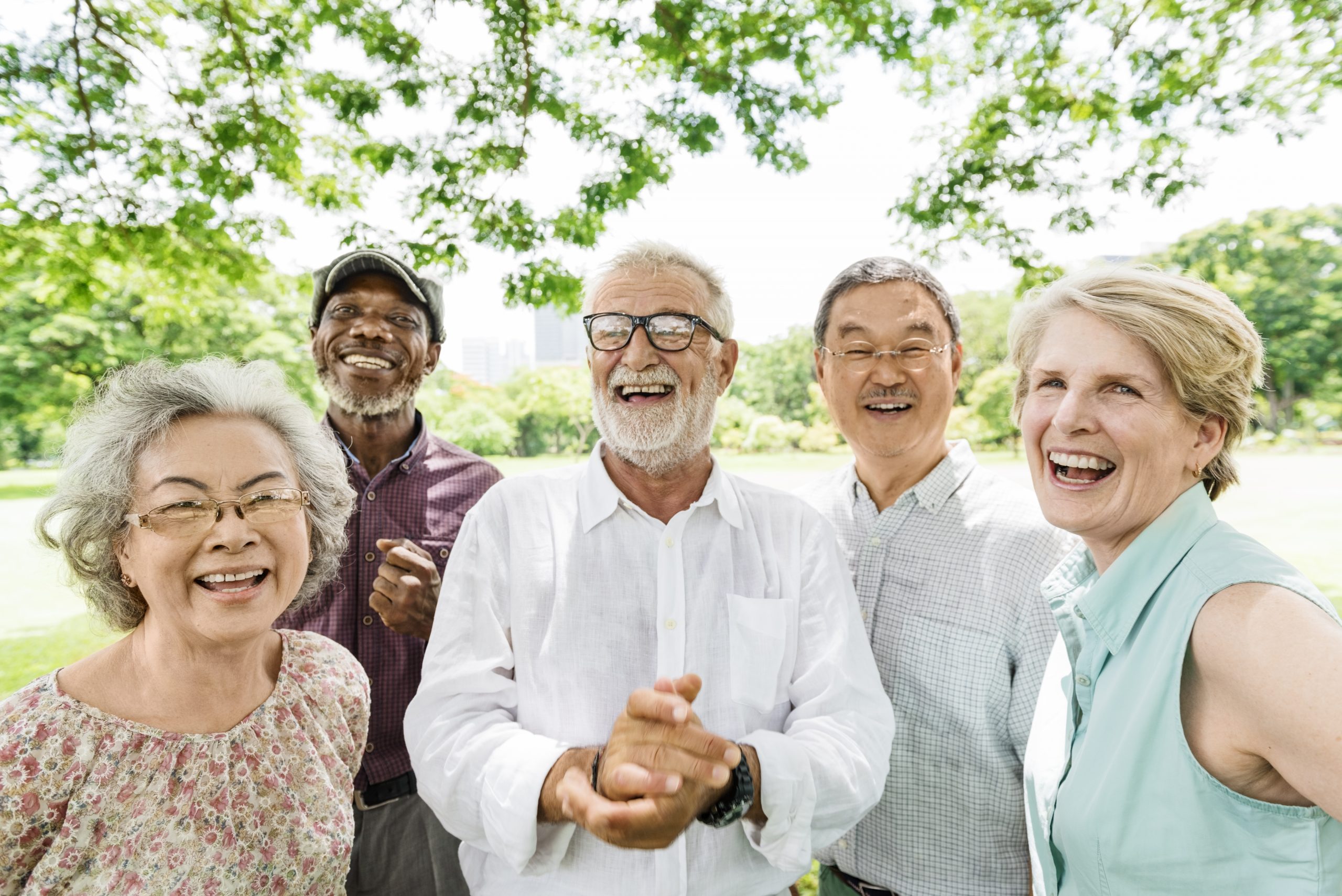A Guide for Seniors and Marijuana
By CLOVR Cannabis
January 19 2021
Studies and surveys are revealing more and more seniors are turning to marijuana. Some are probably turning to it to make their gold years more enjoyable, but it’s more likely most of them are considering the herb after hearing the wide range of medicinal applications for ailments for seniors and marijuana. Alzheimer’s, diabetes, joint issues, arthritis, chronic pain, insomnia … these commonly known conditions show up more frequently in seniors because, well age.
For those seniors living in the (currently) 35 states offering medical marijuana (MMJ), deciding to try MMJ as an alternative or supplement to their current treatment is only the first step. And though for some folks who’ve had long-standing beliefs that marijuana is a dangerous drug, this step is big enough – the steps to take after that can seem daunting.
Here is our guide and overview for seniors and marijuana. Many are deciding to jump on the MMJ bandwagon headed for relief and comfort in their golden years!

The first step for seniors (or anyone) is to obtain an MMJ card issued by the State of Missouri. Unlike most medicines where you get a prescription from your doctor then have it filled at your local pharmacy, MMJ is only available to patients who have an MMJ card through a certification process by a medical marijuana doctor. The basic process, which is outlined in detail in an earlier Clovr blog post, is:
The length of time it takes to get a medical marijuana card is usually a couple of weeks, but with the ongoing corona crisis, it’s best to check with the State’s website to see if there are any delays.
For seniors who just received their MMJ card, the next step is to get your treatment. The medical marijuana doctor should have discussed various treatments, types of marijuana and perhaps even recommended specific products or ways of marijuana intake. If the doctor didn’t go into much detail or if you (likely) still have questions, don’t worry. The people who work at the dispensaries – where you actually purchase your medicine – are incredibly knowledgeable, sympathetic, passionate and patient. And all information about MMJ and what product is best for what ailment is the same no matter where you go or who you talk to.
Find the dispensary closest to you and simply pay them a visit! Be sure to tell the personnel – called ‘budtenders’ – that you are new to using MMJ and any questions, reservations or concerns you have. Letting the budtender know what medicine you are currently taking is a good idea – but again, don’t worry. Marijuana has virtually no contraindications with other medicines so you don’t have to worry about any frightening reactions.
Knowing which type of marijuana to take is very important, and though knowing the granular details of what makes up marijuana and its healing properties isn’t necessary, it’s good to know the very basics. There are two primary components of marijuana: THC and CBD. THC is the component that has the psychoactive effect, or the feeling of ‘getting high’. CBD, on the other hand, doesn’t but still offers the same medicinal benefits to a variety of ailments. Please read our post on THC vs. CBD for a deeper understanding on what the differences are, how these two components work together and for preparation for your visit to the dispensary. Suffice it to say that using products that contain both THC and CBD is a good idea for some conditions, just in varying amounts in relation to each other.

With many older people in my family who know my support of MMJ, I’m familiar with the most common questions seniors have about marijuana. Now that the stigma around marijuana is subsiding, seniors seem more interested than skeptical when learning about weed. Here are some of the more frequently asked questions:
Q: Will I get addicted?
A: The short answer is no. You won’t get physically addicted. You will likely enjoy the relief that you experience and will likely not want to stop treatment, but it won’t physically ‘grab ahold’ of you.
Q: Can I overdose?
A: Again, the short answer is no. In the thousands of years of known marijuana use there has not been a case of anyone overdosing on marijuana. If you take a lot (and we mean a LOT) you might get too high, but you won’t overdose. If you find yourself too high, simply lay down in a quiet, dimly lit room and put on some soothing music (easy-listening, soft jazz or calm classical music are good choices).
Q: This sounds great, but I don’t want to smoke. Are there other options?
A: No problem. More and more marijuana users are not smoking the herb either. There are dozens of methods of intake from gummies and candies, to drinks, to cookies and sweets, to trail mix, oils and vaporizing. Speak with your budtender to find the method that will work best with you.
Q: What will my regular doctor say?
A: We certainly do not suggest keeping your MMJ treatment away from your regular doctor, but chances are they aren’t as up-to-date on the latest medical research on MJ as your marijuana doctor is. This is because they do not teach MMJ in medical school. Not being yet classified as a lower-level treatment by the FDA keeps it from being taught in med school. But with even the top doctors in the country, like CNN’s Dr. Sanjay Gupta, supporting MMJ as a treatment option, traditional and MMJ doctors are becoming more aligned with each other.

We are located in Kansas City, Missouri so the details we mention are specific to Missouri. But don’t worry if you’re from another state: the steps to take are pretty much the same. Check with your state’s MMJ laws, usually found on the state’s government website. Federal reclassification of marijuana is coming but until then, individual states are progressing ahead with marijuana treatment – a great option for seniors!